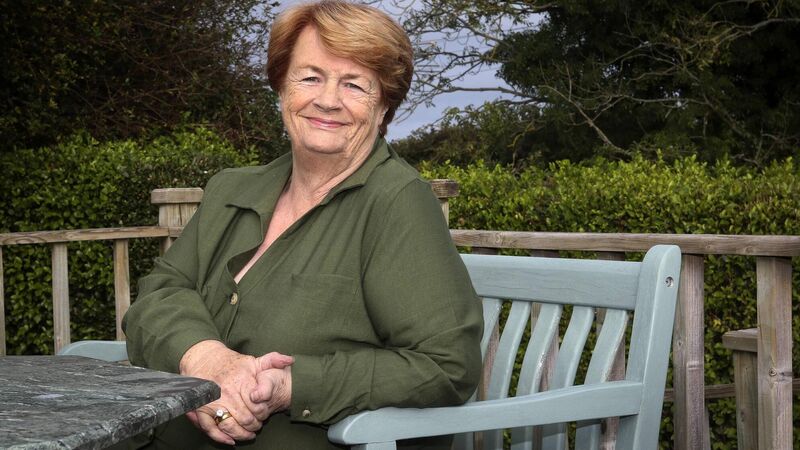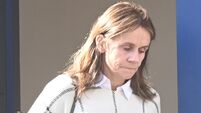Ageing in the pandemic: 'My comfort and security had been pulled out from under me'

Mary O’Brien participates in dance classes on Zoom and exercise sessions in the gym: ‘Of course, these are great for the old body but an unintended consequence is that they’re good for my soul too.’ Picture: Garry O'Neill
The Covid-19 pandemic has taken from us all. It has stolen some of life’s most precious milestones. At its cruellest, it has taken our loved ones and removed all the usual supports for the grieving process.
But, while we have all lost something, there can be no doubt that older people, and those most vulnerable in our society, have borne the brunt of this virus.











